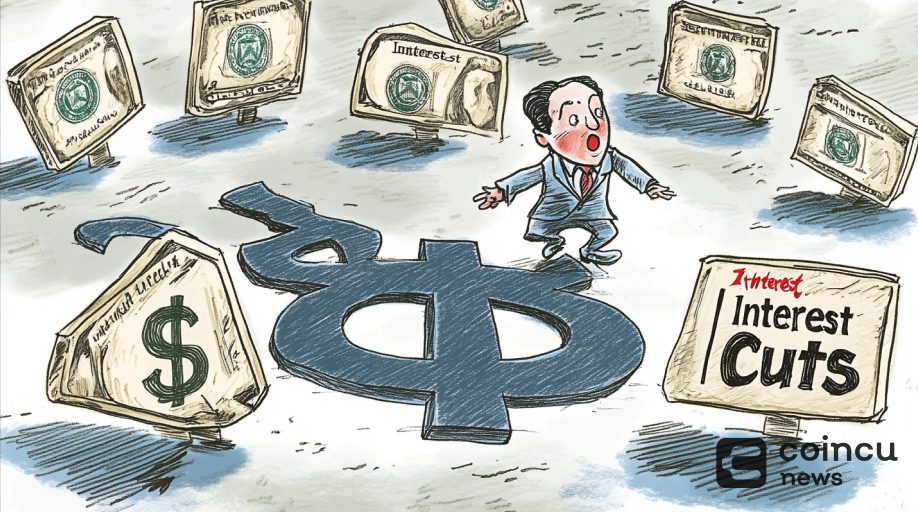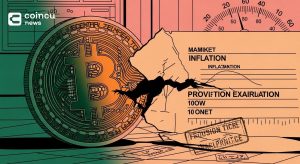US Interest Rate Cuts Could Propel Yuan Up 10% in Dollar Exodus
Key Points:
- US rate cuts could trigger a $1 trillion asset sale, boosting the yuan by 5-10%.
- PBOC intervention is crucial in managing yuan fluctuations.
US interest rate cuts could impact the Chinese yuan, potentially causing a 5-10% appreciation against the dollar. Chinese firms may sell $1 trillion in dollar assets, leading to capital flow towards China.

Expectations of Federal Reserve rate cuts can wreak havoc on the Chinese yuan. Stephen Jen, chief executive at Eurizon SLJ Capital, reported by Bloomberg, said that if US rates fall, Chinese companies may sell $1 trillion of dollar-denominated assets, which could send the yuan appreciation against the dollar up 5-10%.
US Interest Rate Cut Impact on Yuan
Jen’s theory is that Chinese firms have built up more than $2 trillion of offshore investments since the pandemic. With the Fed cutting borrowing costs, dollar assets would become less attractive, which might unleash a large flow of capital toward China.
“The pressure will be there” on the yuan to rally, Jen said.
The yuan’s appreciation could be more pronounced if the People’s Bank of China stops intervening to absorb excessive dollar liquidity. Still, Beijing has previously been cautious about sharp yuan gains due to concerns over export competitiveness and economic recovery.
Read more: Corporate Crypto Donations Dominate 48% Of 2024 Election Funds
PBOC’s Role in Managing Yuan Appreciation
According to Bloomberg, while some analysts agree with Jen, other estimates on the size of China’s corporate dollar holdings range from more than $500 billion at Macquarie Group to $430 billion at Australia & New Zealand Banking Group.
The PBOC has tools to manage currency expectations, including daily reference rates and adjustments to foreign currency reserve requirements for banks. Despite these measures, the pressure for yuan appreciation may persist, potentially leading to significant market movements.
| DISCLAIMER: The information on this website is provided as general market commentary and does not constitute investment advice. We encourage you to do your own research before investing. |























